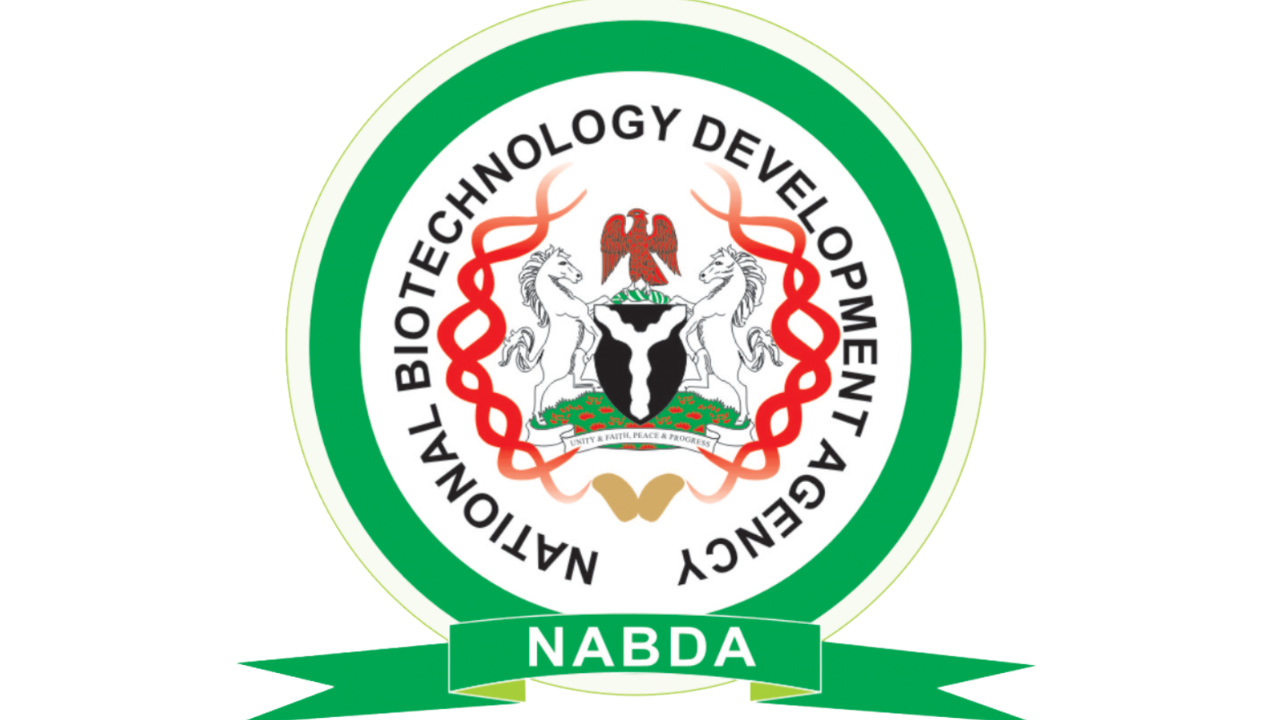Sand River Venture Capital gave $3.3 million in seed funds to Maltento, a biotech startup in Cape Town, South Africa.
The company’s main goal is to find and use the good chemicals that are in insect-based feed options.
This funding is a big step towards its goal of making innovative animal feed that is good for the environment. With these funds, the biotech startup hopes to improve its unique approach to bug biotechnology. These funds will be very important for moving forward with the development of Palate+, a new taste enhancer.
It wants to get into new areas like the US and EU to make Palate+ more widely available around the world. By entering new markets, Maltento will help the world grow, create jobs, and improve the skills of its South African workers.
Dominic Malan, the marketing director of Maltento, said, “We are thrilled to hear that Sand River is investing in the company because we share the same values and they are committed to funding innovative solutions for a sustainable future.” This investment and team will help us reach our goal of being a world player in functional ingredients.”
Read also: Experts charge Tanzania media owners to invest in technology
Maltento: What you need to know
Maltento is an expert at coming up with solutions for animal feed that are not only clean and regular but also useful. This biotech start-up wants to grow its position in markets around the world. It gets ideas from how smart animals are.
Their factory in Epping has the amazing ability to send more than 15 tonnes of processed soldier fly larvae to the United States every month. This new product idea not only gives chicken feed more protein, but it also gives people in South Africa jobs.
It is now in a good place to speed up its growth in the market for insect-based feed options. All of this is because Sand River Venture Capital recently put money into the company. With this money, Maltento will be able to take advantage of new possibilities, improve its business, and grow its market share.
Greg Robson, a partner at Sand River, said, “Our goal at Sand River is to give money and help to businesses that will restore the natural world and make a lot of money.” Maltento is a really great chance for us. They are easily the best company in their field, and we trusted them right away because they were run by an entrepreneur. They have sustainability qualities that change the game. “We’re looking forward to the trip,” he said.
Maltento’s Innovation opportunities
Maltento always takes a regenerative approach to making new products, with a focus on sustainability and caring about the environment. Maltento uses co-products from agro-processing industries that can be tracked. This reduces the effect on limited natural resources and helps the company be more sustainable.
When it comes to using natural resources, a kilogramme of insect-based protein uses 95 times less energy than a kilogramme of animal-based protein. This shows that Maltento’s answers are good for the environment.
There are no antibiotics or growth hormones in Maltento’s feed additives made from insects. This new kind of vitamin can help with allergies, inflammation, and gut health. With its focus on sustainability, innovation, and job growth, the company makes it possible for animal feed to have a bright future.
The company’s unfailing commitment to using insect biotechnology is what drives the development of better, more sustainable products that are better than other options on the market. Maltento’s goal is to come up with ways to feed animals that are good for the soil and the world as a whole.

